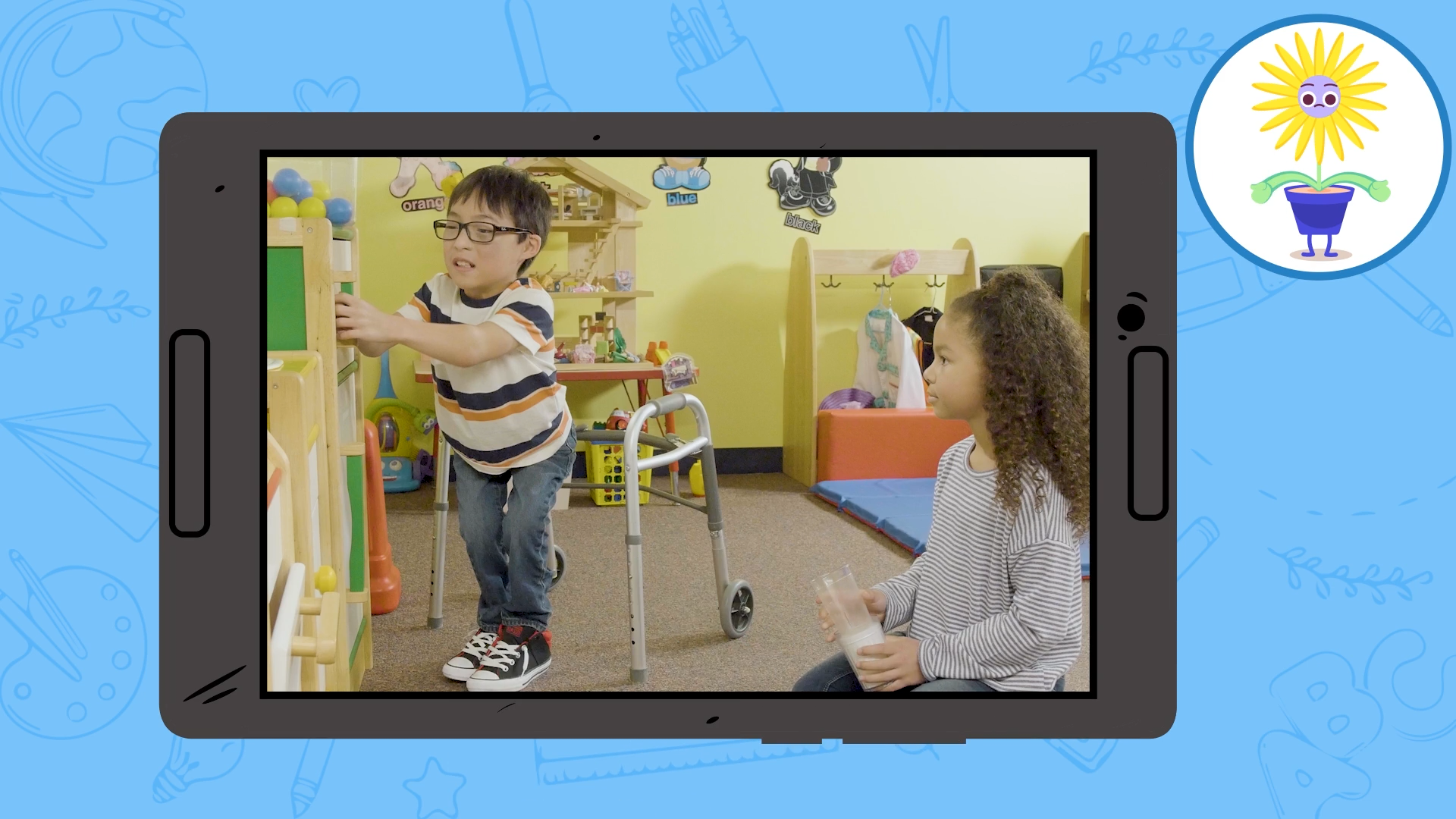
Developing independence is a crucial aspect of a student’s growth and learning. By fostering independence, educators can help their students become more self-sufficient, resilient, and confident in their abilities. This blog post will discuss an easy-to-implement activity, discussion questions, and related skills to help educators teach independence to their students.
Introduction
Independence is the ability to carry out tasks and solve problems on one’s own without constantly relying on others. Teaching independence to students can help them become more self-reliant, develop problem-solving skills, and build self-confidence. In the following sections, we will explore a no-prep activity, discussion questions, and related skills that can help educators effectively teach independence to their students.
No-Prep Activity
This activity, called “Independent Problem Solving,” requires no preparation or materials from the educator. The goal is to encourage students to solve a simple problem on their own, without seeking help from others immediately.
- Present the students with a simple problem or task, such as tying a shoelace or opening a water bottle.
- Give the students a few minutes to attempt the task on their own, without any assistance.
- Observe the students as they work on the task, and take note of their efforts and problem-solving techniques.
- After the students have had a chance to attempt the task, discuss their experiences and strategies they used to solve the problem.
This activity can help students develop their problem-solving skills and learn to rely on their abilities, both essential components of independence.
Discussion Questions
These discussion questions can help stimulate further conversations about independence:
- Why is it important to be independent and solve problems on our own?
- What are some strategies you can use to solve problems independently?
- How do you feel when you are able to solve a problem by yourself?
- Can you think of a time when you solved a problem independently? How did that make you feel?
- What are some challenges you may face when trying to be more independent? How can you overcome them?
Related Skills
Beyond independence, there are several other skills that can be developed to support students’ social-emotional growth. Some of these skills include:
- Self-awareness: Understanding one’s emotions, strengths, and limitations can help students become more independent and self-reliant.
- Decision-making: Learning to make informed choices and evaluate the consequences of actions can contribute to a student’s sense of independence.
- Goal-setting: Setting and working towards personal goals can help students develop a sense of autonomy and responsibility for their own growth.
- Resilience: Building resilience can help students bounce back from challenges and setbacks, making them more capable of handling problems independently.
Next Steps
Teaching independence is an essential part of supporting students’ social-emotional growth and development. By implementing the no-prep activity, engaging in meaningful discussions, and working on related skills, educators can help their students become more confident and self-reliant individuals.
To access more resources and materials for teaching independence and other social-emotional learning skills, sign up for free samples at Everyday Speech.

